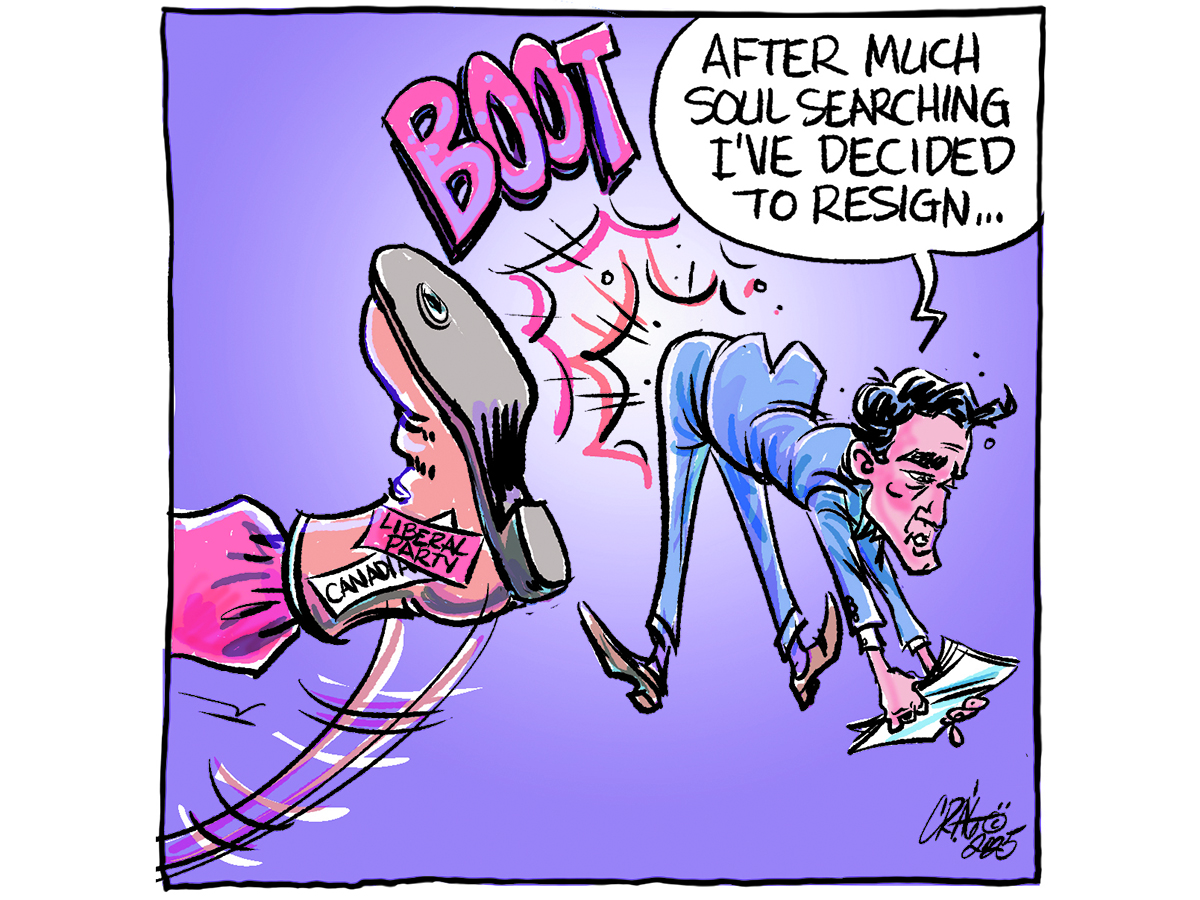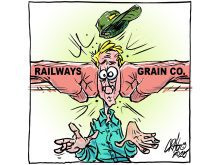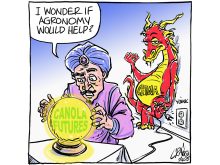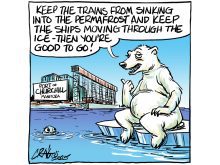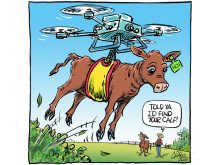A power struggle is potentially looming in the United States within president-elect Donald Trump’s administration that could have implications for Canadian farmers.
In one corner of the ring is Robert F. Kennedy Jr., Trump’s nominee for health secretary.
Kennedy is best known in many circles for his less-than-orthodox views on issues such as vaccines, fluoridation and seed oils.
Read Also
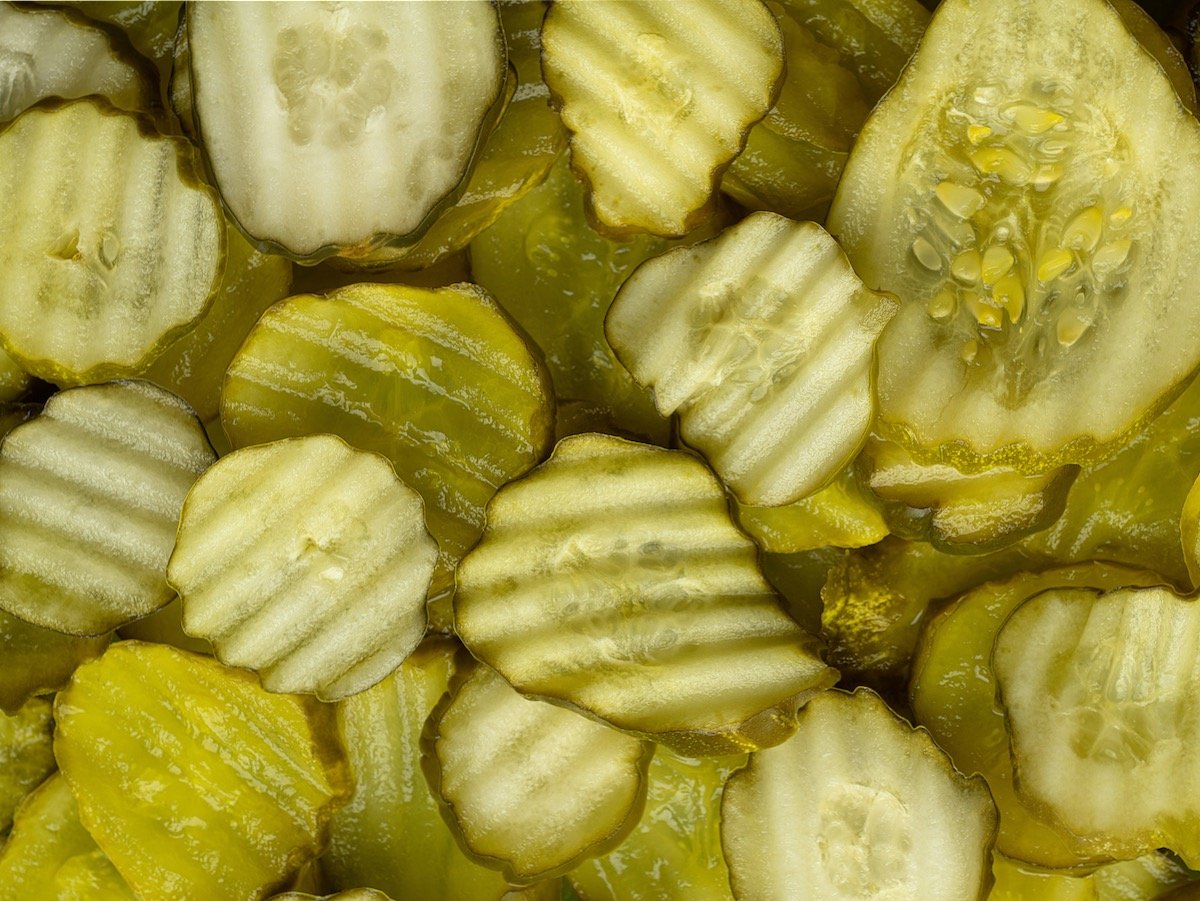
How counter-tariff policy cans Canadian choice
The unavailability of the storied Canadian pickle brand Bick’s, now processed and jarred in the U.S., shows how well-intentioned counter-tariff policy can turn sour on Canada’s consumers and cucumber growers.
However, he also has more mainstream concerns, such as worries about the effects that ultra-processed food has on public health.
He is also a strong supporter of organic and regenerative agriculture and believes that the agriculture sector should use fewer pesticides.
It’s this concern that could potentially produce the aforementioned power struggle within the new administration. That’s because the current iteration of the Republican Party shares a strong suspicion of “excessive” government regulation, and Kennedy’s vision would surely include passing laws that make agricultural chemicals harder to use.
Representing these forces in the government would likely be Brooke Rollins, Trump’s nominee for agriculture secretary.
She hasn’t said much publicly about the prospect of tightening pesticide regulations.
Her previous job was president of the America First Policy Institute. Under her leadership, this think-tank’s agricultural focus was mainly on raising the alarm over Chinese ownership of American farmland.
However, she doesn’t sound like someone who would go along with a push by the health secretary to further regulate farm chemicals.
As well, Trump’s own views on the need for deregulation are widely known, although it produced spotty results during his first administration.
And then there’s Project 2025, an initiative from a conservative think-tank that would, if enacted in its entirety, dramatically reshape the face of the American government.
The document’s love affair with deregulation has sent the U.S. environmental movement into hysterics. It’s unclear how much of this initiative will actually turn into reality in the next four years, but it’s clear the current Republican establishment is no fan of more regulation.
What does this mean for Canadian farmers?
If Kennedy pushed for pesticide restrictions and won, Canadian farmers would have a production advantage.

Having access to more crop protection options than their American competitors would obviously have its benefits for our farmers.
However, a tightening of pesticide regulations in the United States could also block Canadian agricultural exports to that country, which would be bad.
As well, it could also potentially start a grassroots opposition to those chemicals that would threaten to make its way across the border to Canada.
That would definitely be bad.
What if Kennedy was to lose this fight?
A loosening of pesticide regulations under an emboldened conservative movement in the U.S. would put Canadian farmers at a disadvantage if our federal regulators didn’t follow suit.
Of course, the most likely scenario would be a continuation of the status quo. Inertia, after all, is a powerful force.
No matter how determined activists can be to shake things up, it can sometimes be awfully difficult to get a government to take radical action, no matter how close one is to the levers of power.
As well, the U.S. Senate may not approve Kennedy’s nomination, making the entire scenario moot.
However, this shows that while Canadians remain primarily occupied with how a Trump administration might affect trade — not to mention his daily musings on Canada as the 51st state or taking over Greenland or the Panama Canal — there are other more obscure corners of the new administration that deserve to be watched.
Karen Briere, Bruce Dyck, Robin Booker and Laura Rance collaborate in the writing of Western Producer editorials.

